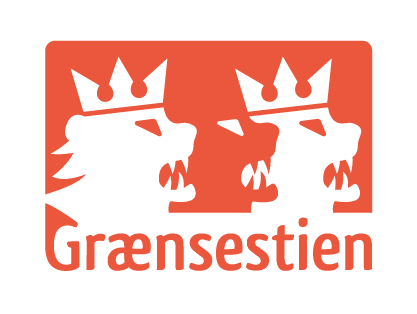The customs office was established in an inn, Vesterbæk Kro, later known as Røde Kro, on Roagervej 171. The German Customs Authority rented the premises. The inn ceased as such in 1932. Today, Røde Kro is a private home.
In 1892, the customs office moved to a newly built two storey building. The customs office was closed in 1912, and converted into a reporting post. The building became a poorhouse and residence, and was demolished during WWII.
When Roager became German, the school also taught in German. Each year, the emperor’s birthday was celebrated with the German-minded pupils attending school in their Sunday best, and the Danish-minded pupils choosing to wear everyday threadbare garments.
